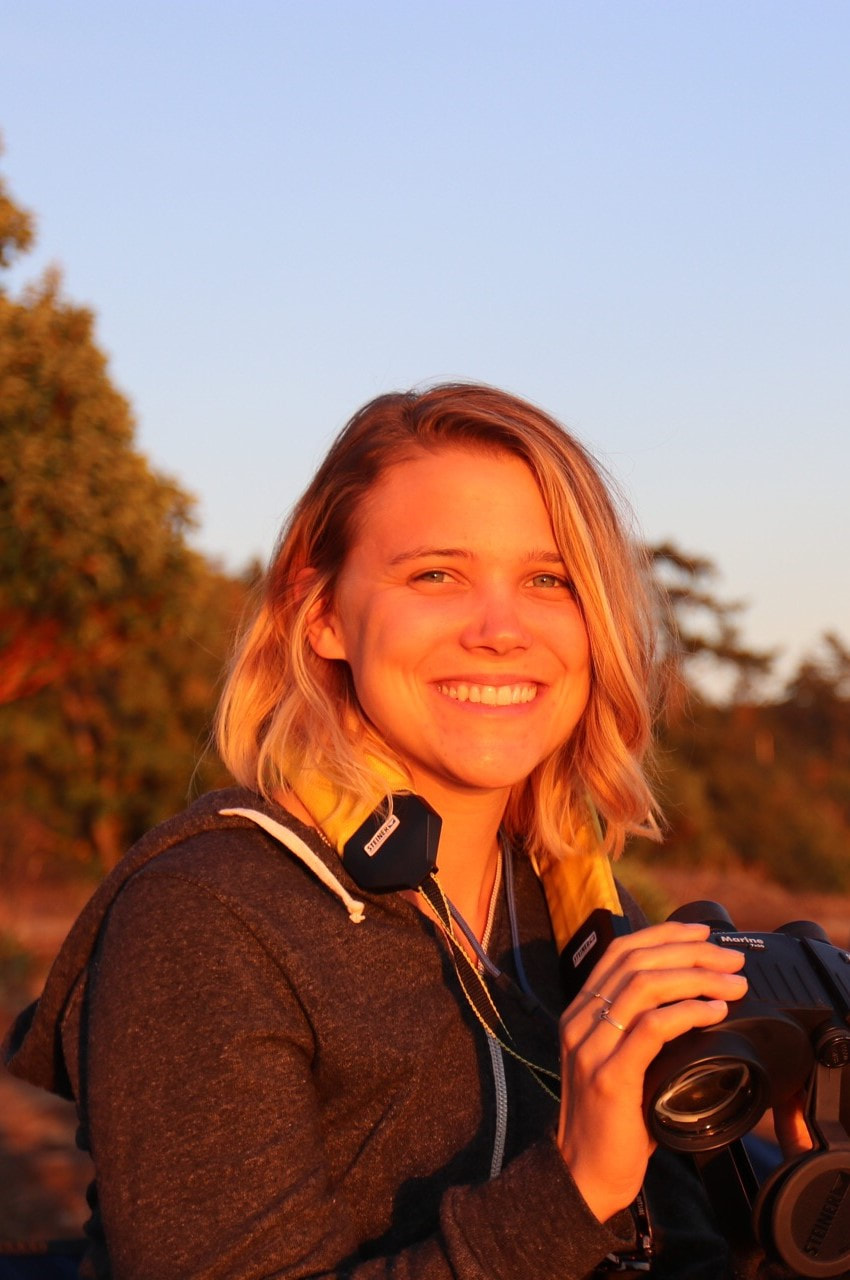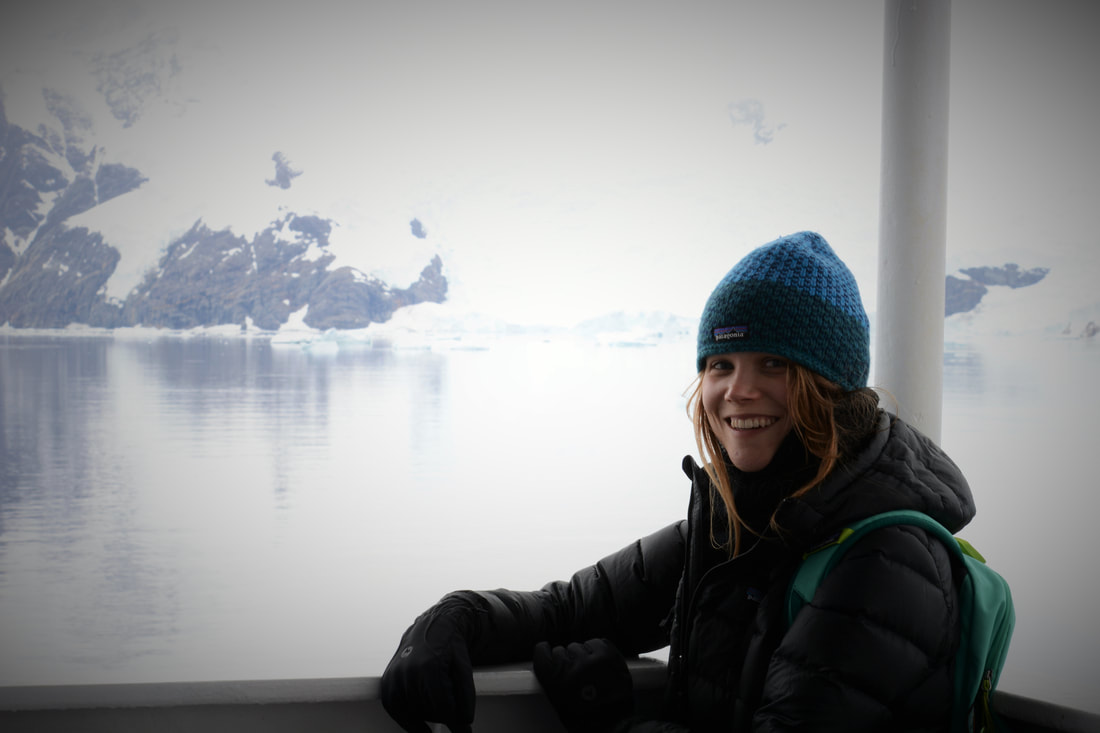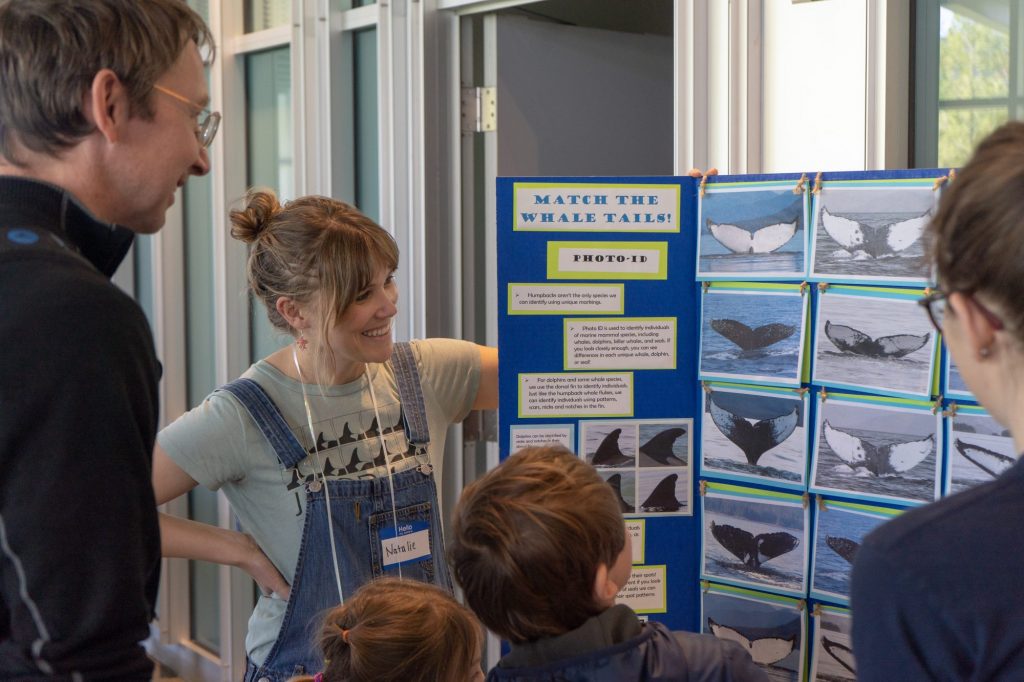Hi, I'm Natalie!My name is Natalie Mastick, and I am a marine mammal researcher and parasite ecologist based out of Seattle, WA. I began working with marine mammals when I was 17 as a volunteer at the Marine Mammal Center in Sausalito, CA. Working closely with seals and sea lions at that young age hooked me. I was determined to work towards conserving marine mammals.
I completed my BA in Environmental Studies and my BS in Marine Biology at UC Santa Cruz in 2013. In my time at Santa Cruz I was inspired by the power of telemetry (tag) data. I was floored by how I could see beneath the surface and discover what marine mammals were really doing. I used tag data to analyze the short-term foraging behavior of both northern elephant seals and humpback whales. In 2014 I moved to Oregon to begin my MS in Wildlife Science at Oregon State University under the advisement of Dr. Ari Friedlaender. I earned my MS in 2016, after completing a study analyzing group bubble-net feeding in humpback whales. I then worked for Oceans Initiative as a research associate and field team leader, assisting in numerous studies on shipping noise, dolphin population analysis, and killer whale behavior. I earned my PhD in Aquatic and Fishery Sciences in Chelsea Wood's lab at the University of Washington in 2023. My doctoral research was on parasites and marine mammals. I studied how parasites increased in marine mammal prey species over time, and what that might have meant for marine mammal hosts on an energetic level. I investigated if marine mammal prey became more parasitized over recent history using a combination of scientific literature, museum specimens, and canned salmon to delve back in time. I also assessed how parasitized the southern resident killer whale population was in comparison to healthier killer whale populations.
My research is motivated by a deep-rooted need to assist in the conservation of wild marine mammals. In my experience, I have had opportunities to work with elephant seals, California sea lions, humpback whales, Pacific white-sided dolphin, bottlenose dolphin, blue whales, fin whales, and killer whales. I have been fortunate to work in beautiful locations like Cape Cod, the San Juan Islands, Southeast Alaska, the Channel Islands, and the Antarctic Peninsula. The more I travel and learn about these species, the more motivated I am to study and alleviate the anthropogenic threats (both direct and indirect) that harm them. Through it all, I have found a home in museums and science centers, both as a research hub and a way to communicate with the public. Through my drive to make the world a better place for marine mammals, I found a love of helping scientists explain why their work makes the world a better place, too. I am now working as a Postdoctoral Associate at the Yale Peabody Museum doing just that. When I'm not in the lab or the field, you can find me spending time in the outdoors with my husband and our dogs, or doing crafts on my couch. |


